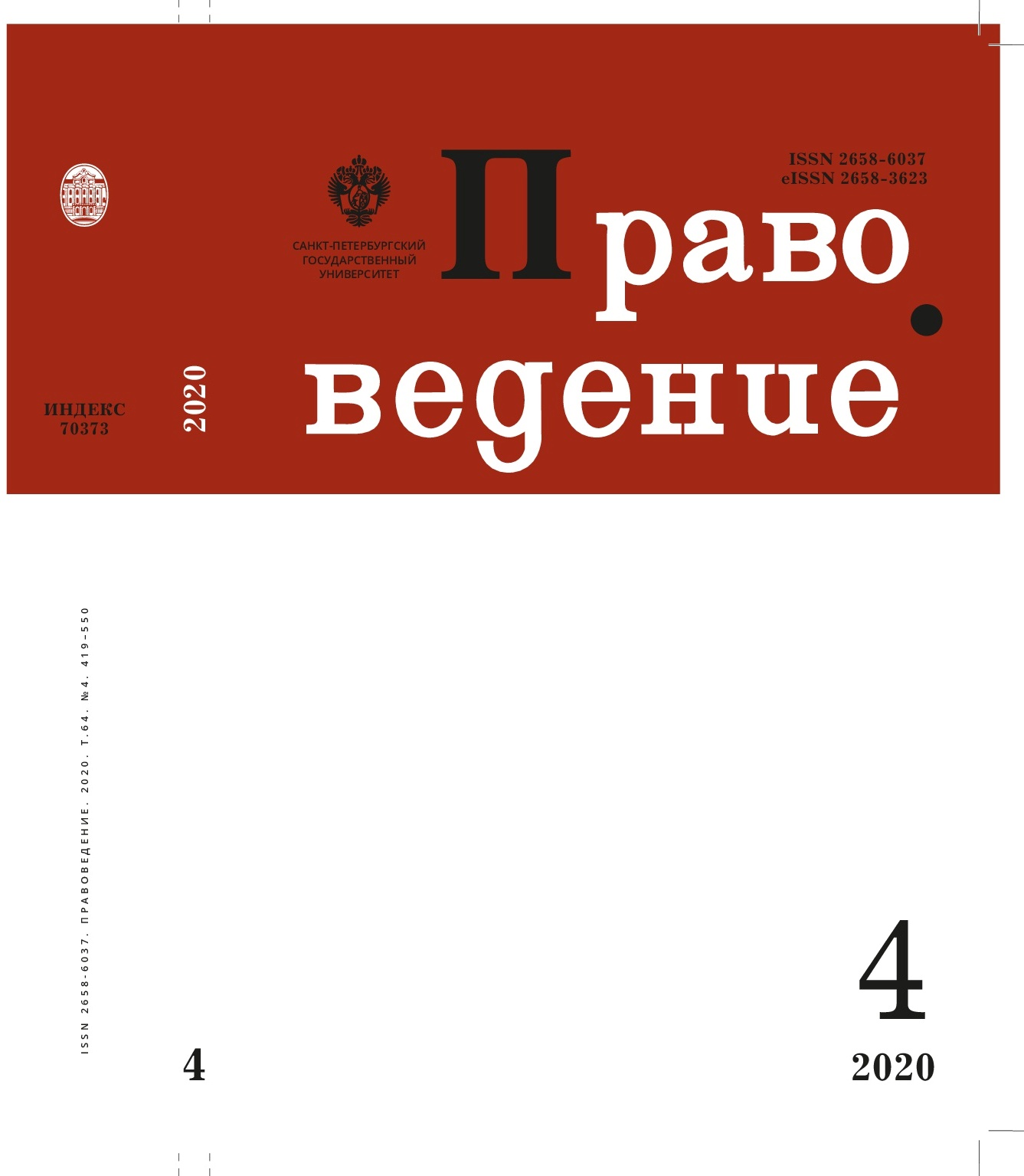Устойчивое потребление и экономика замкнутого цикла в Директиве 2019/771
DOI:
https://doi.org/10.21638/spbu25.2020.406Аннотация
Одной из целей издания новой директивы о договорах купли-продажи потребительских товаров (Директива 2019/771) была корректировка этой части договорного права, с тем чтобы данная часть могла способствовать устойчивому развитию. В рекомендации 32 директивы прямо говорится, что одной из ее целей является достижение более устойчивых моделей потребления и экономики замкнутого цикла. В статье анализируется, отражен ли (и если да, то в какой степени) этот мотив в правилах названной директивы (точкой отсчета выступает предыдущая директива о договорах купли-продажи с участием потребителей). Статья начинается с общей оценки взаимодействия ценностей, которые должна защищать директива. Диагностируется влияние, которое ценности могут оказать на толкование положений директивы (внимание акцентируется на влиянии выбора метода гармонизации на процесс толкования). Исследование охватывает вопросы, связанные с экологией, возникающие в контексте требований к долговечности товаров, объективных требований соответствия, вытекающих из различных стандартов качества, исправимости товара, прав потребителей в соответствии с директивой и взаимодействия между общими нормами частного права и нормами директивы. На основе проведенного анализа сделаны предварительные выводы относительно экологической эффективности директивы. Хотя Директива 2019/711 провозглашает стремление к достижению устойчивого потребления и экономики замкнутого цикла в качестве одной из своих целей, в ее положения не внесены никакие существенные изменения по сравнению с предыдущей директивой. Законодательство ЕС правильно диагностировало отдельные (но не все) области, которые необходимо трансформировать для обеспечения устойчивого потребления на потребительском рынке. Тем не менее никаких существенных изменений внесено не было. В результате интерпретация положений директивы через призму ценностей, связанных с экологией, должна применяться, чтобы это регулирующее вмешательство привело к запланированной эволюции законодательства о потребительских продажах.
Ключевые слова:
купля-продажа товаров, договор купли-продажи, экология, устойчивое потребление, экологическая эффективность, максимальная гармонизация, полная гармонизация
Скачивания
Библиографические ссылки
Загрузки
Опубликован
Как цитировать
Выпуск
Раздел
Лицензия
Статьи журнала «Правоведение» находятся в открытом доступе и распространяются в соответствии с условиями Лицензионного Договора с Санкт-Петербургским государственным университетом, который бесплатно предоставляет авторам неограниченное распространение и самостоятельное архивирование.




